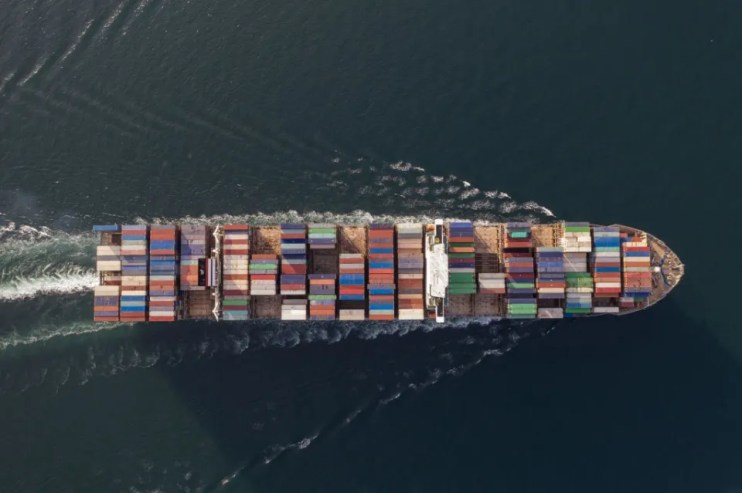Petrol prices could jump after Red Sea attacks send oil prices surging

Oil prices have spiked and could remain elevated as companies try and find alternative cargo routes following vessel attacks in the Red Sea.
International benchmark Brent crude has shot up to $79.35/bbl as of this morning, having opened on Monday at $77.24/bbl.
The attacks, which have been occurring daily since Monday, are believed to have been perpetrated by Houthi rebels in Yemen.
Major shippers such as Maersk and Evergreen and Norwegian gas giant Equinor have implemented re-routing plans, while oil firm BP became the first among peers to pause all shipments through the Red Sea, citing a “deteriorating security situation.”
“For those vessels still transiting through the Red Sea, war risk [insurance] premiums are reported to have increased from 0.07 per cent of the value of a ship in early December to 0.5 per cent to 0.7 per cent this week,” said Toby Vallance, executive committee member of the London Forum of Insurance Lawyers.
“Both options of increased premiums and rerouting around Africa will see a knock-on effect on the price of goods (especially oil), due to a stifled global supply chain, which may be further perpetuated given the time of year.”
BP’s decision comes at a crucial time for petrol demand as UK motorists prepare for Christmas journeys.
Petrol prices have dropped over the past few months, falling to 142.6p per litre this week, the lowest since the end of October 2021 and 10p lower than December last year.
However, higher oil prices could translate into higher prices at the pump in the next week as the disruption filters through to consumers.
An official security operation named Prosperity Guardian has also been launched by a coalition of countries including the UK, Canada, France, Bahrain, Norway and Spain.
To avoid the areas of recent attacks, firms are likely faced with a longer voyage of up to two weeks for shipments of petroleum products from the Middle East and India to Europe and from Russia to China and India.